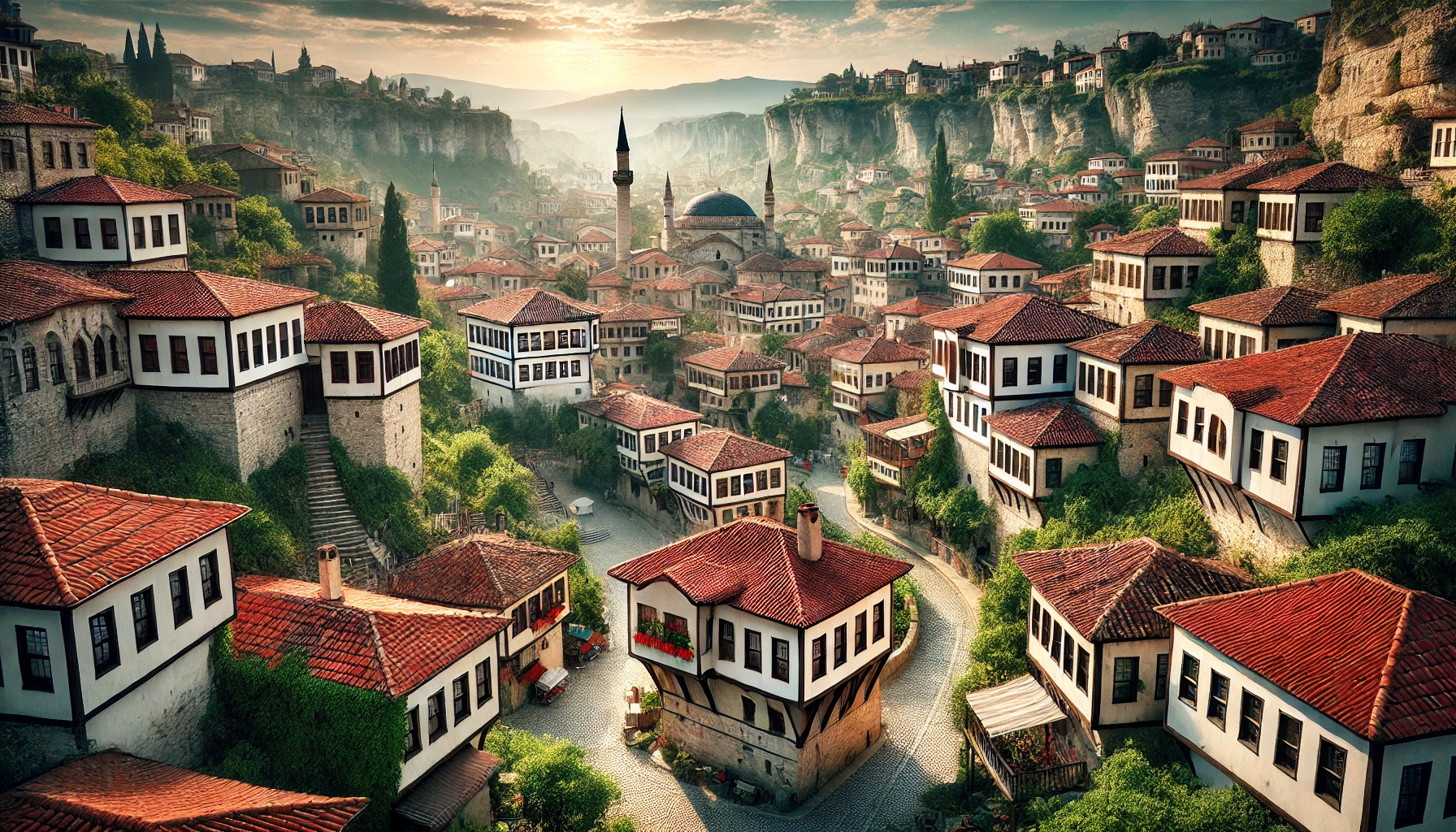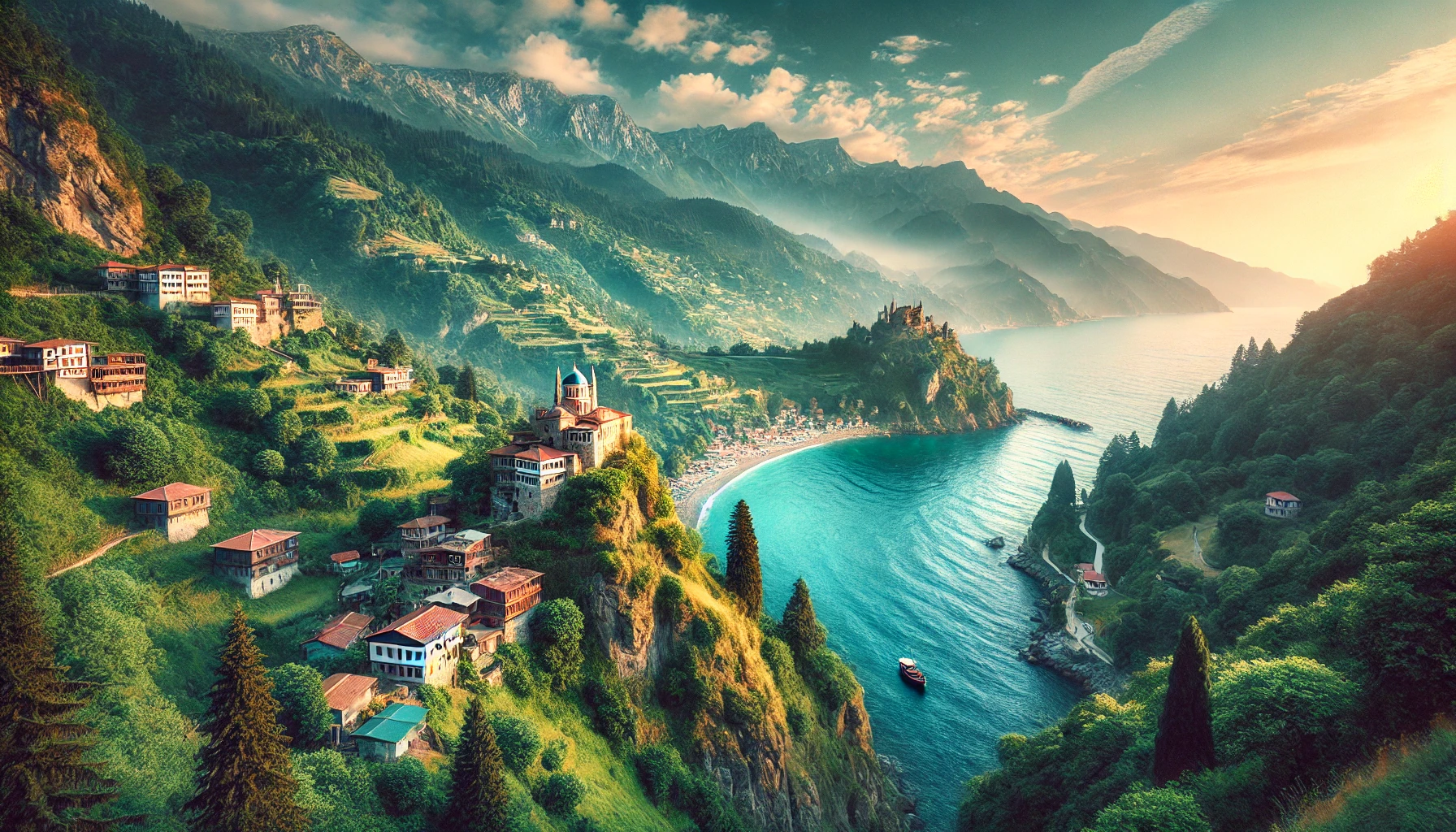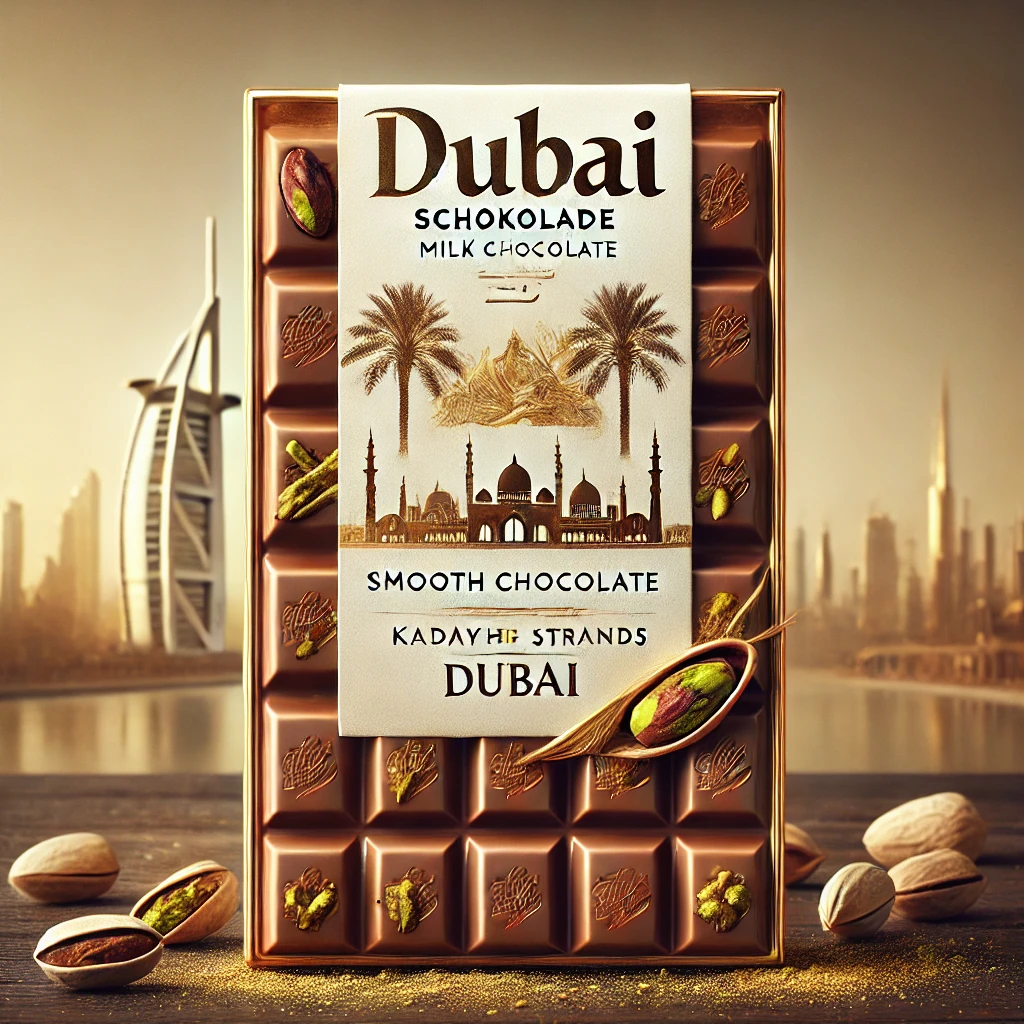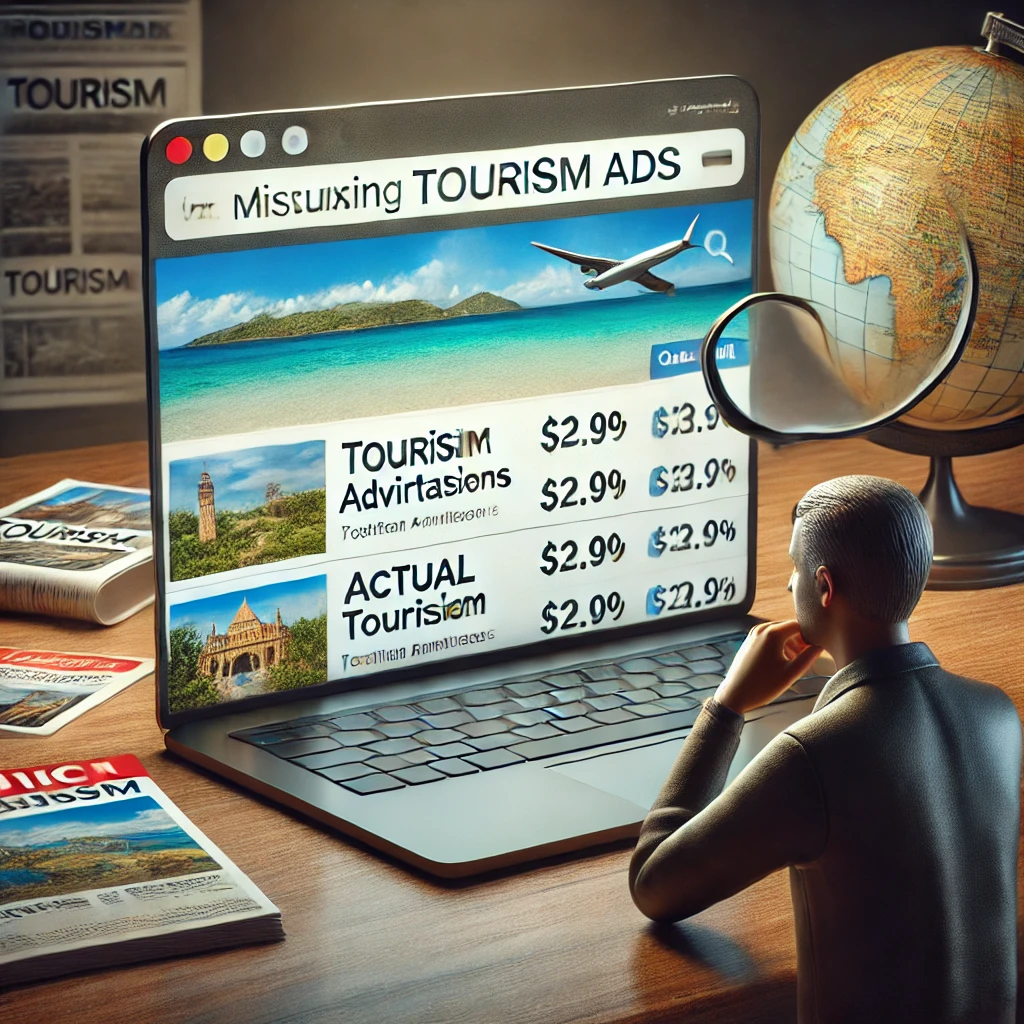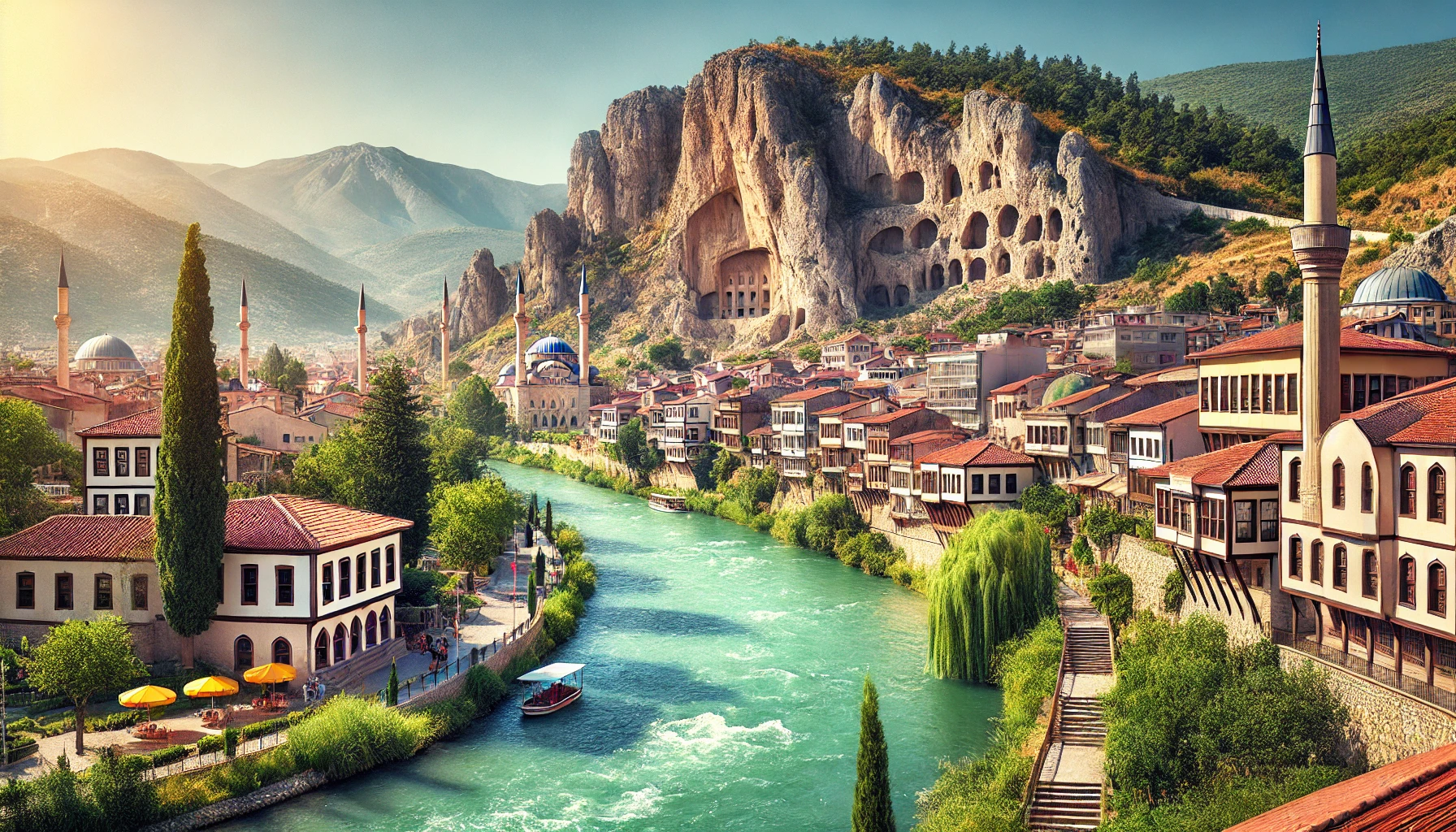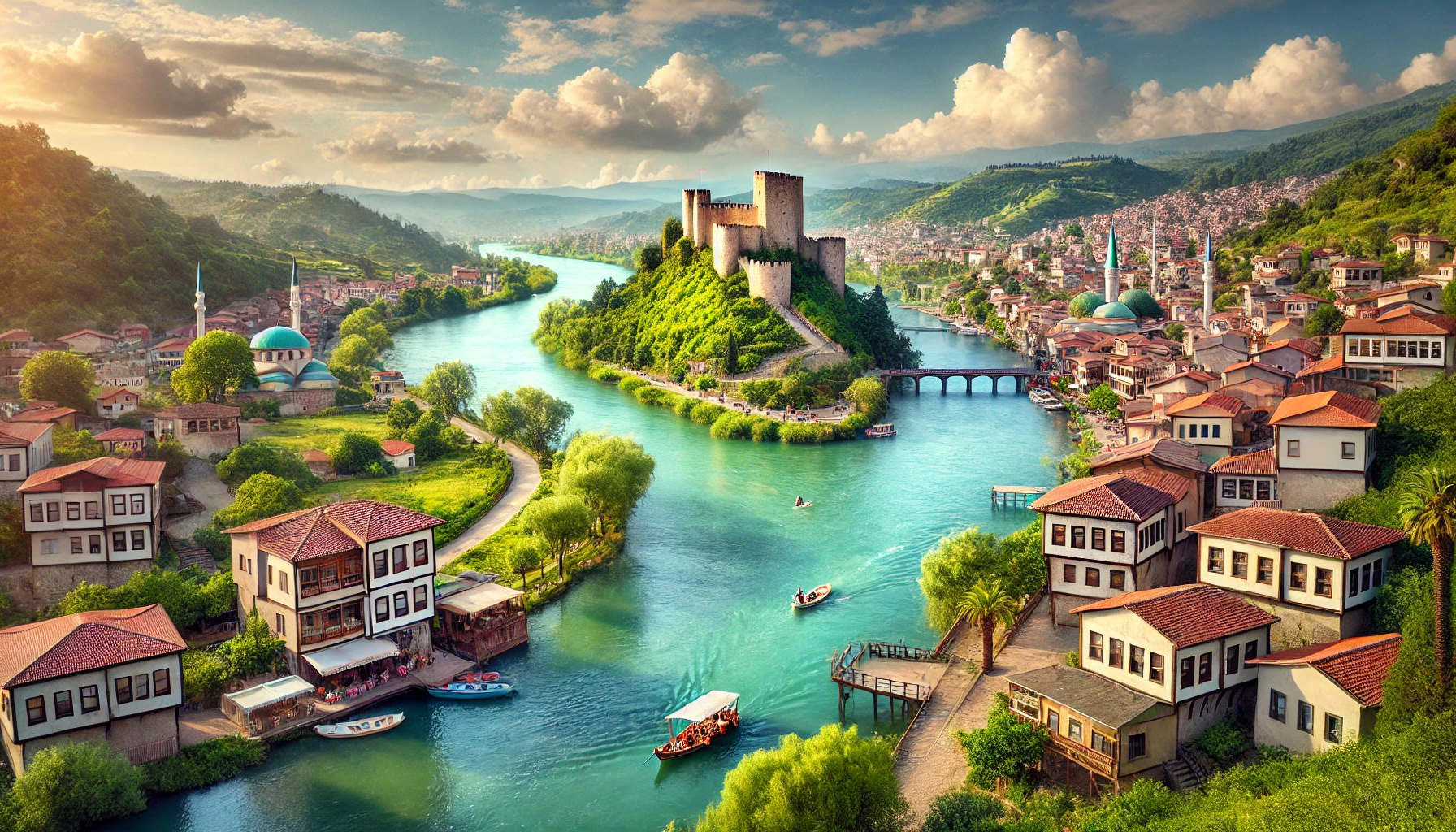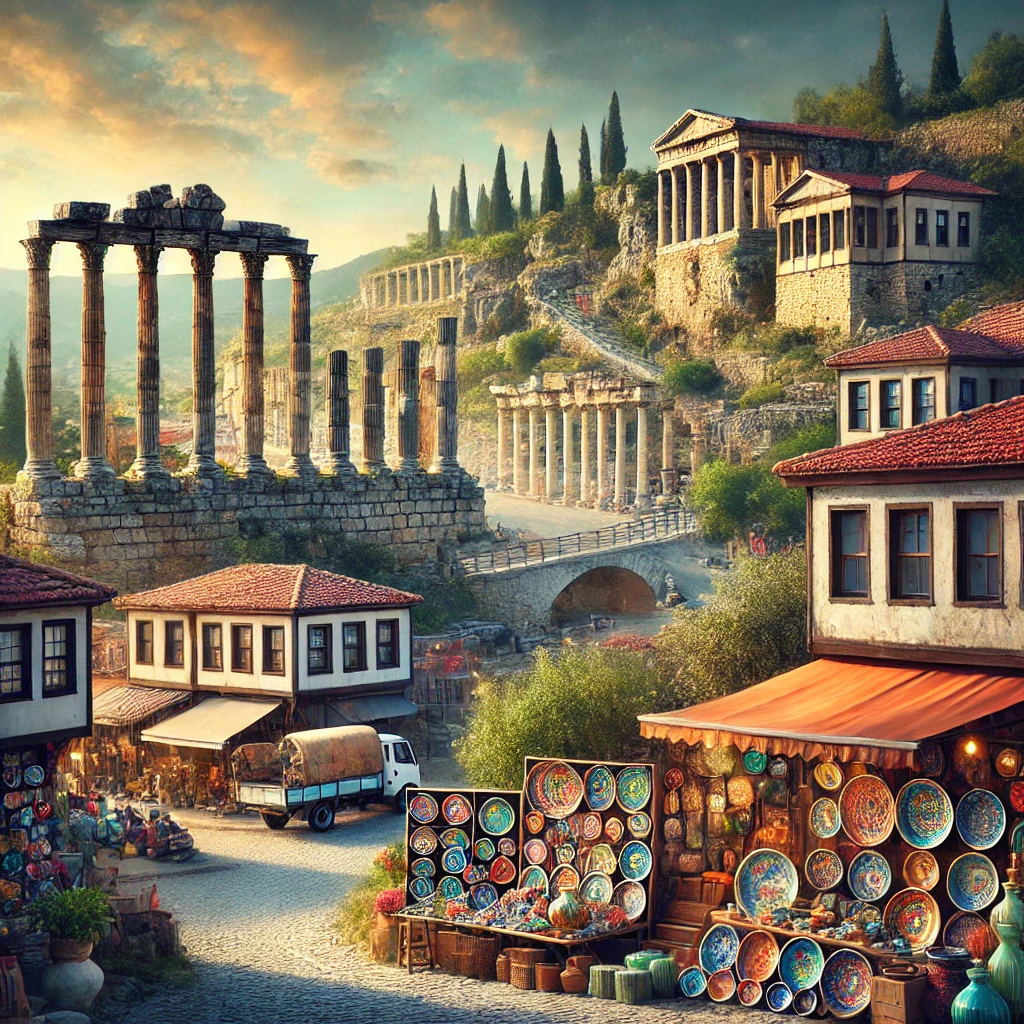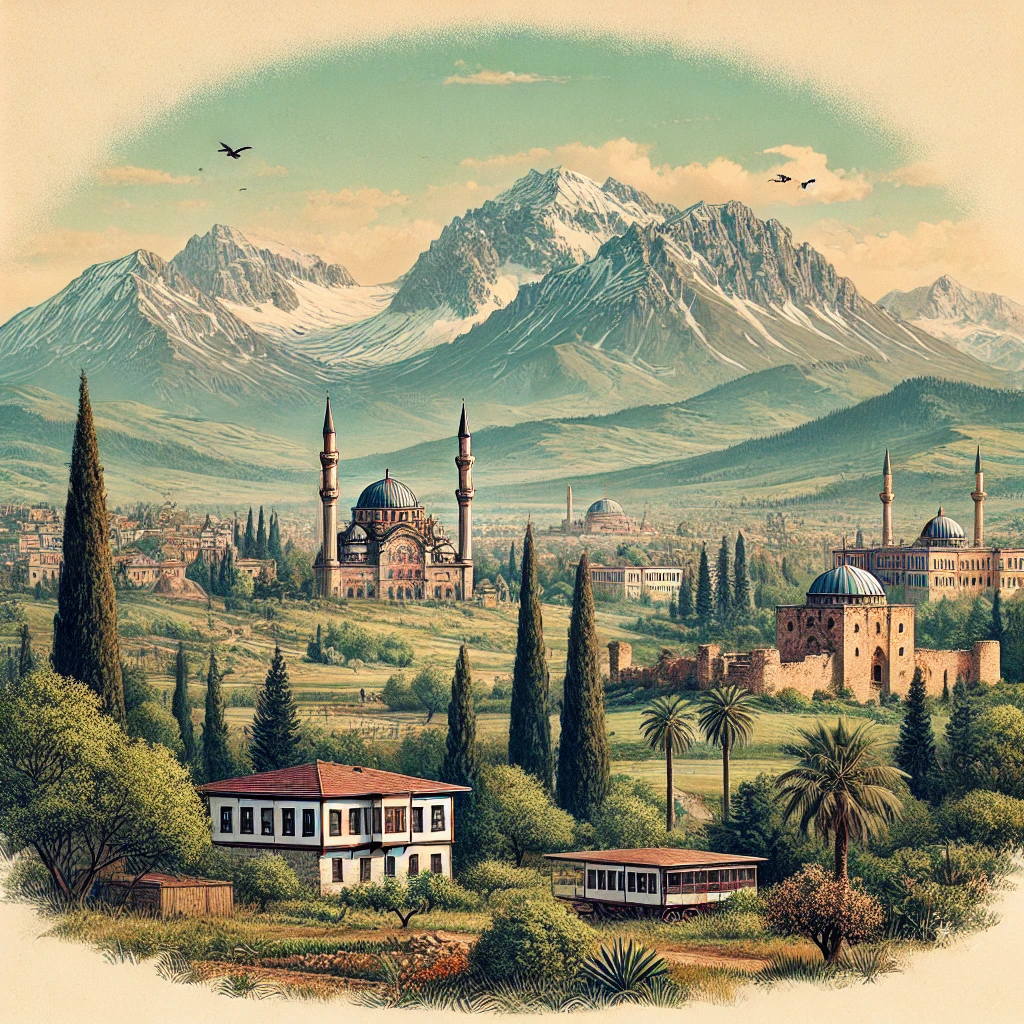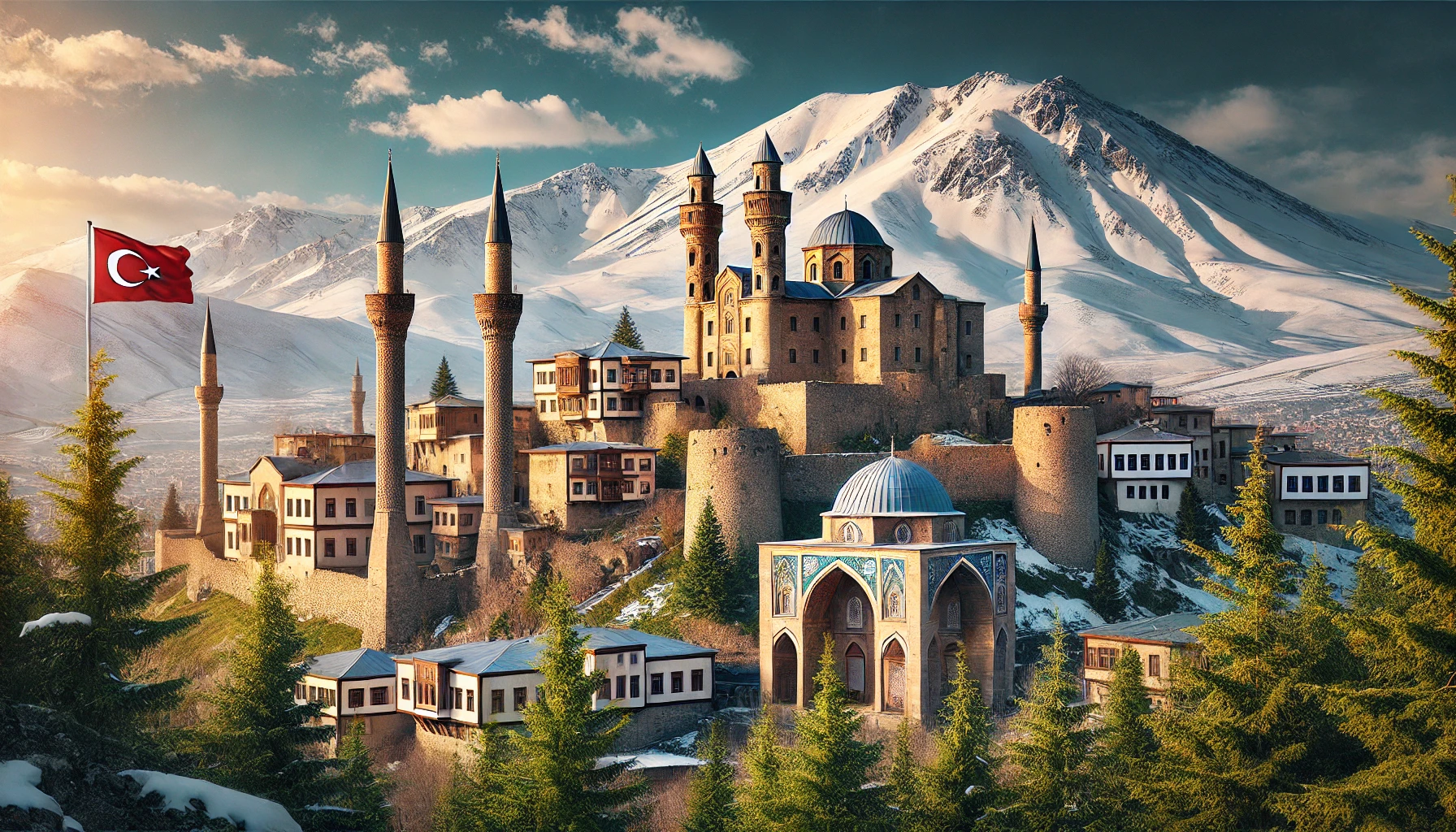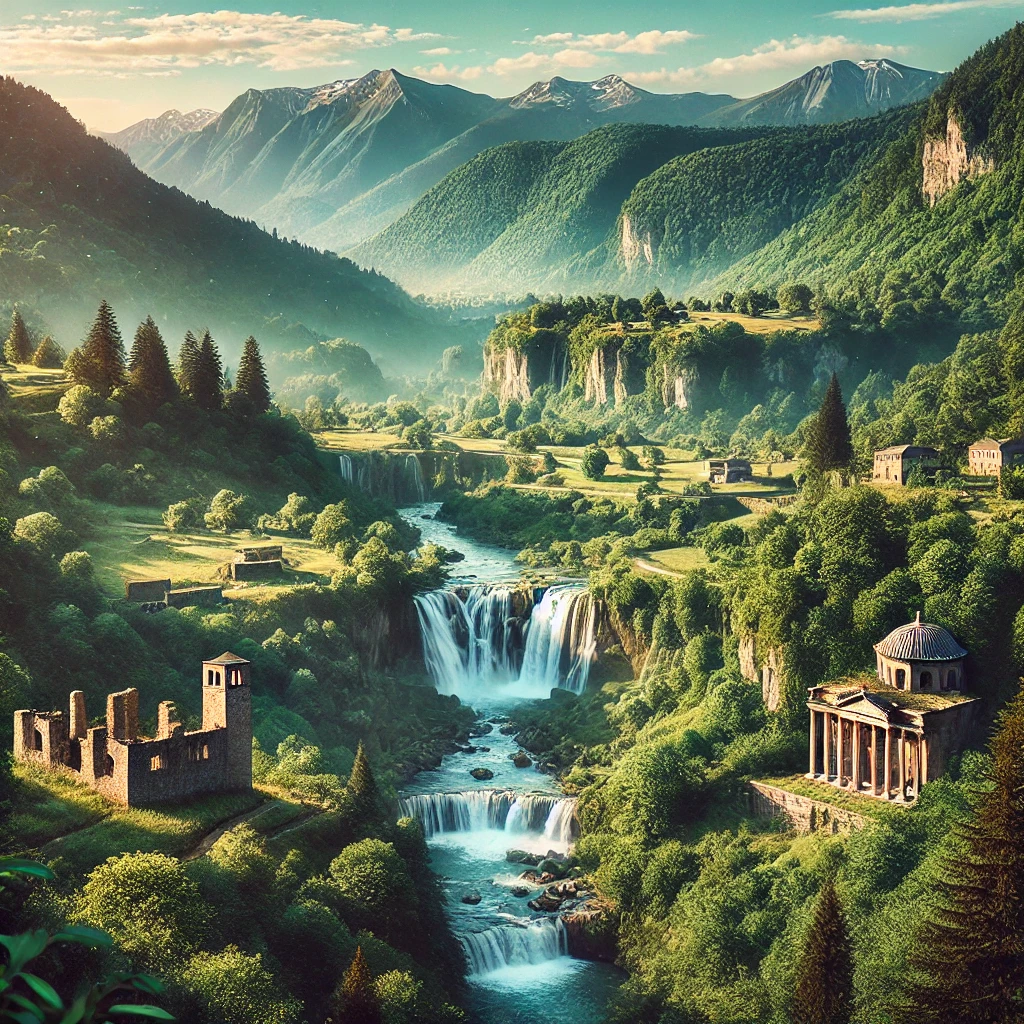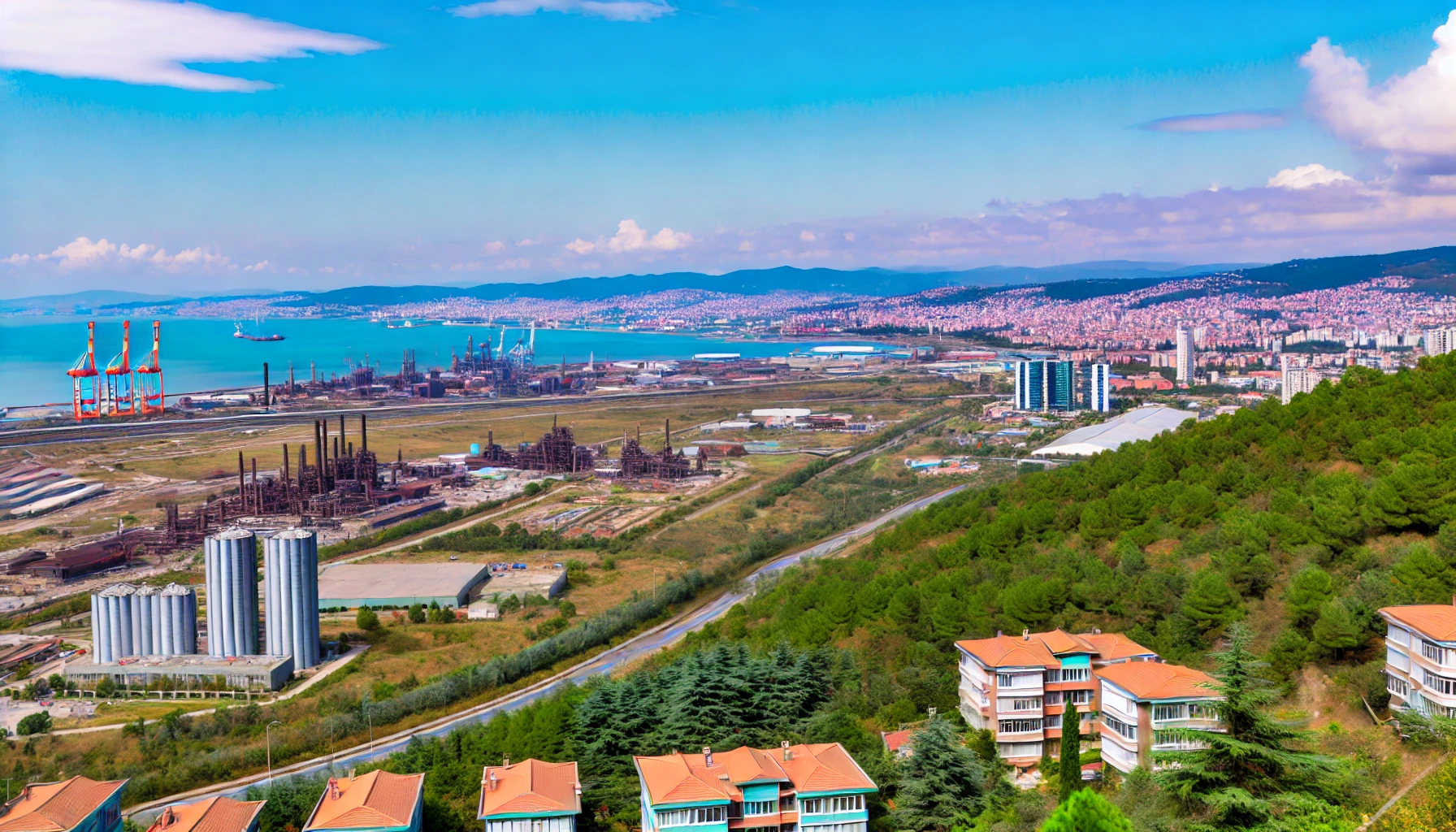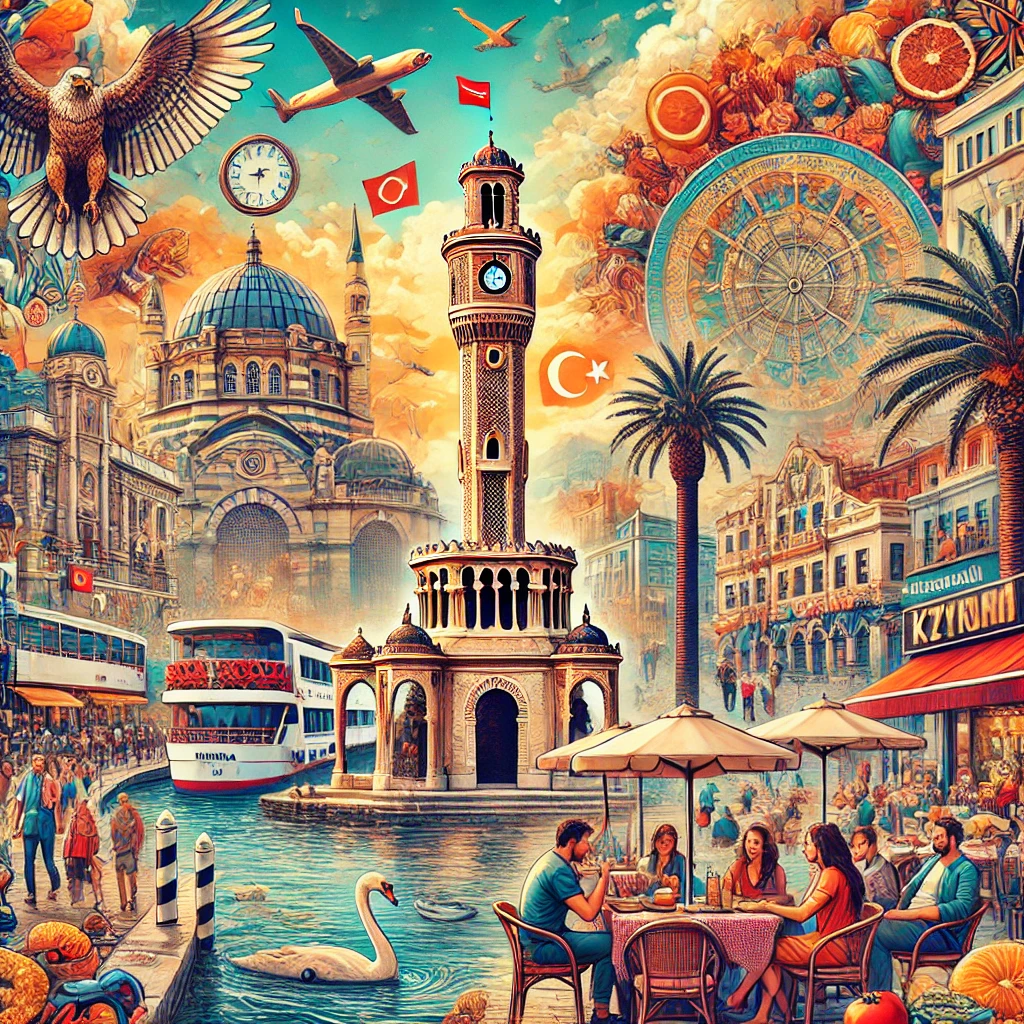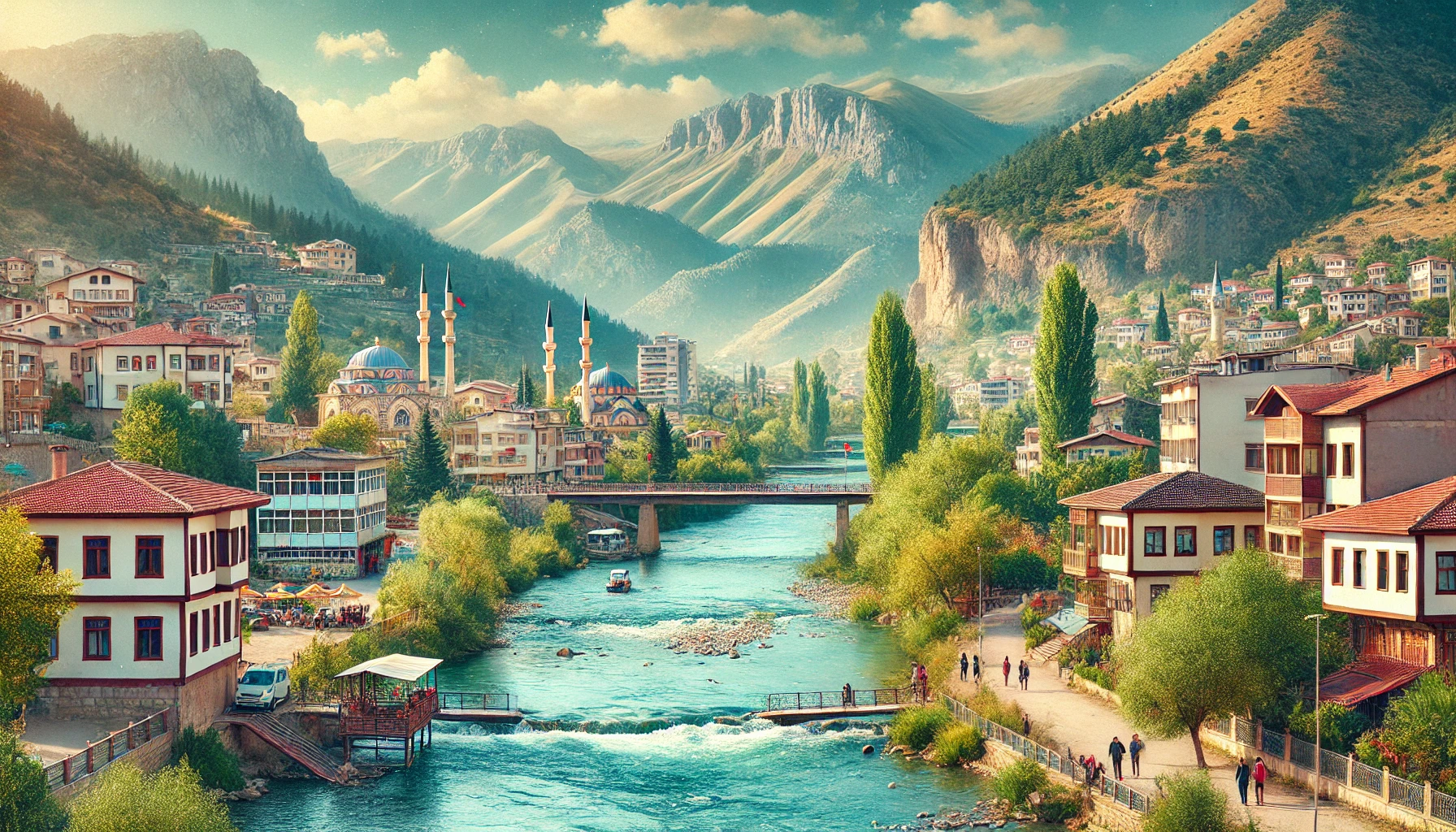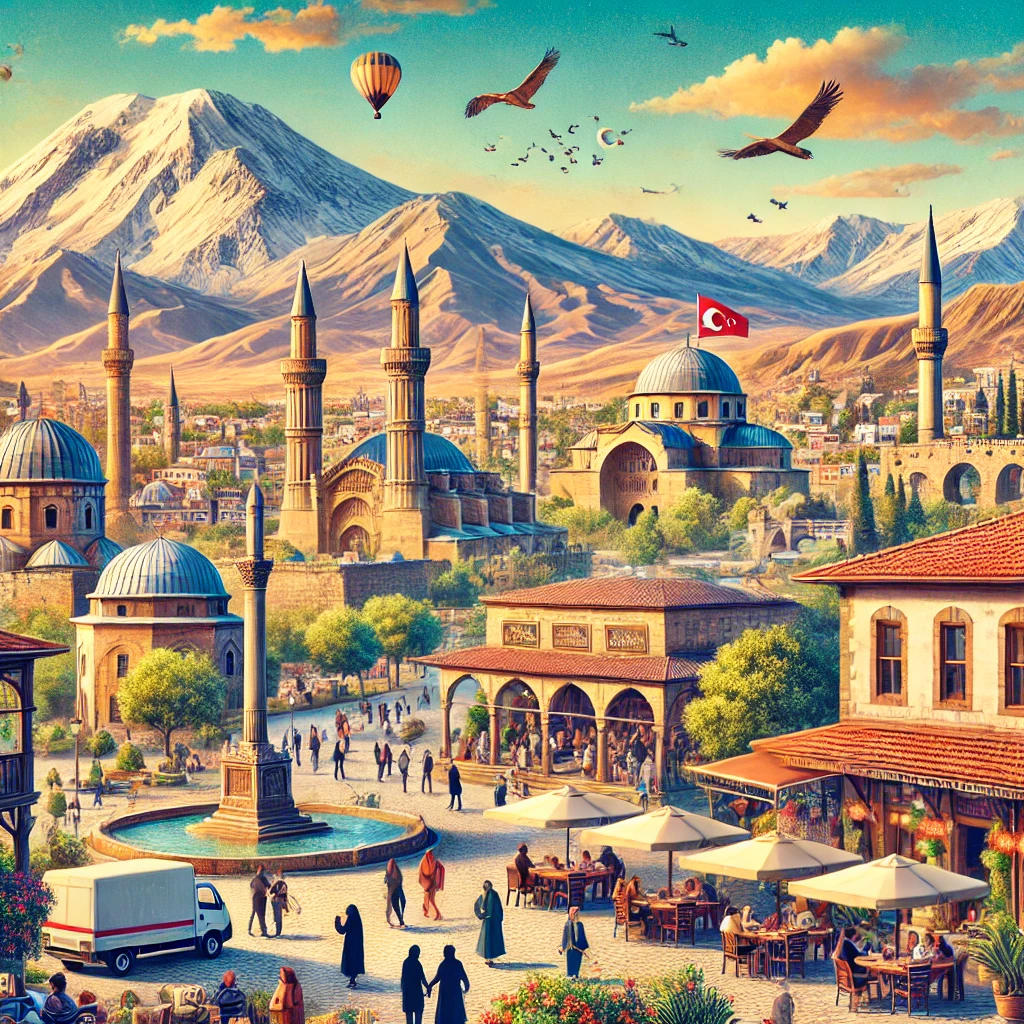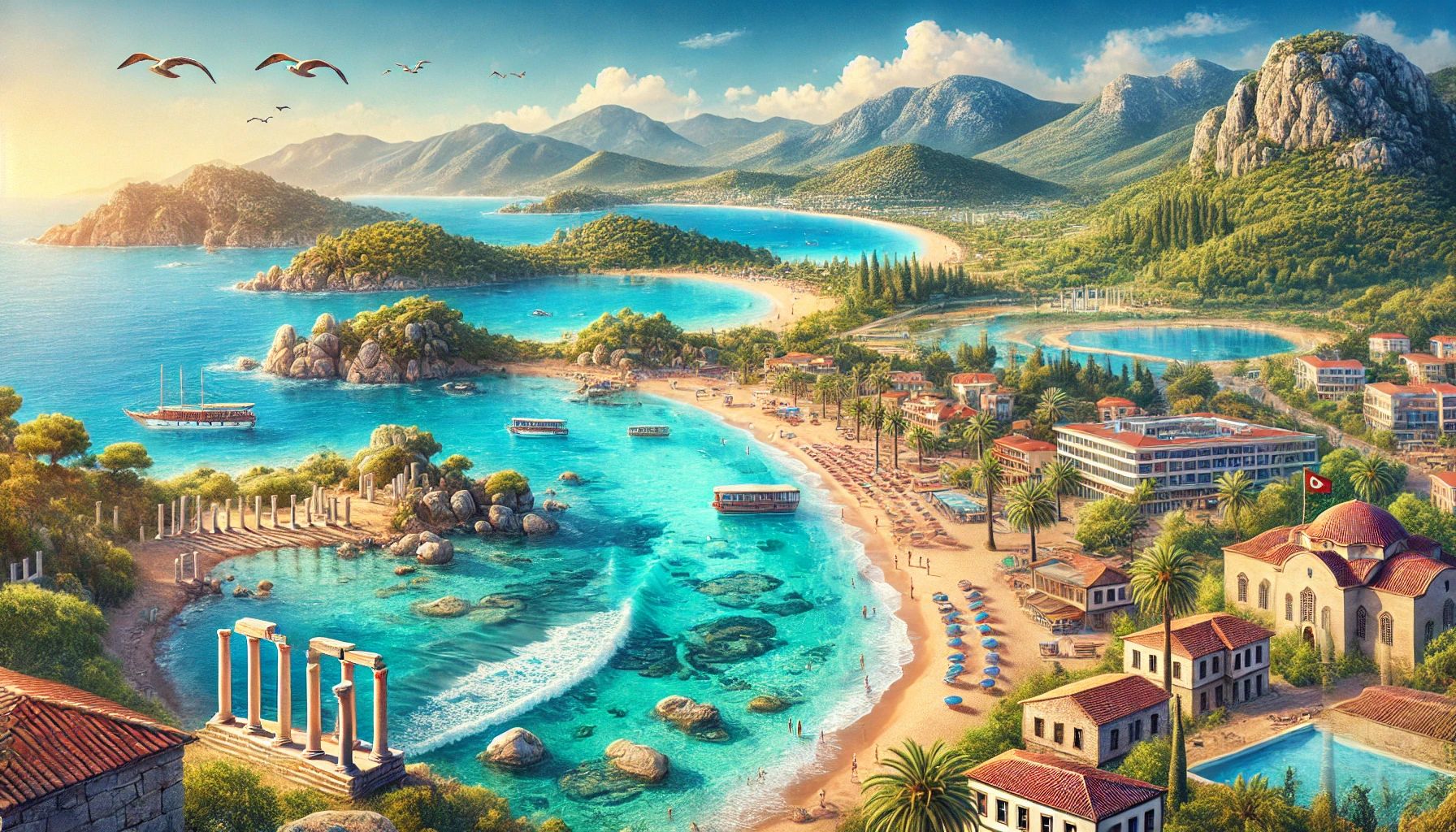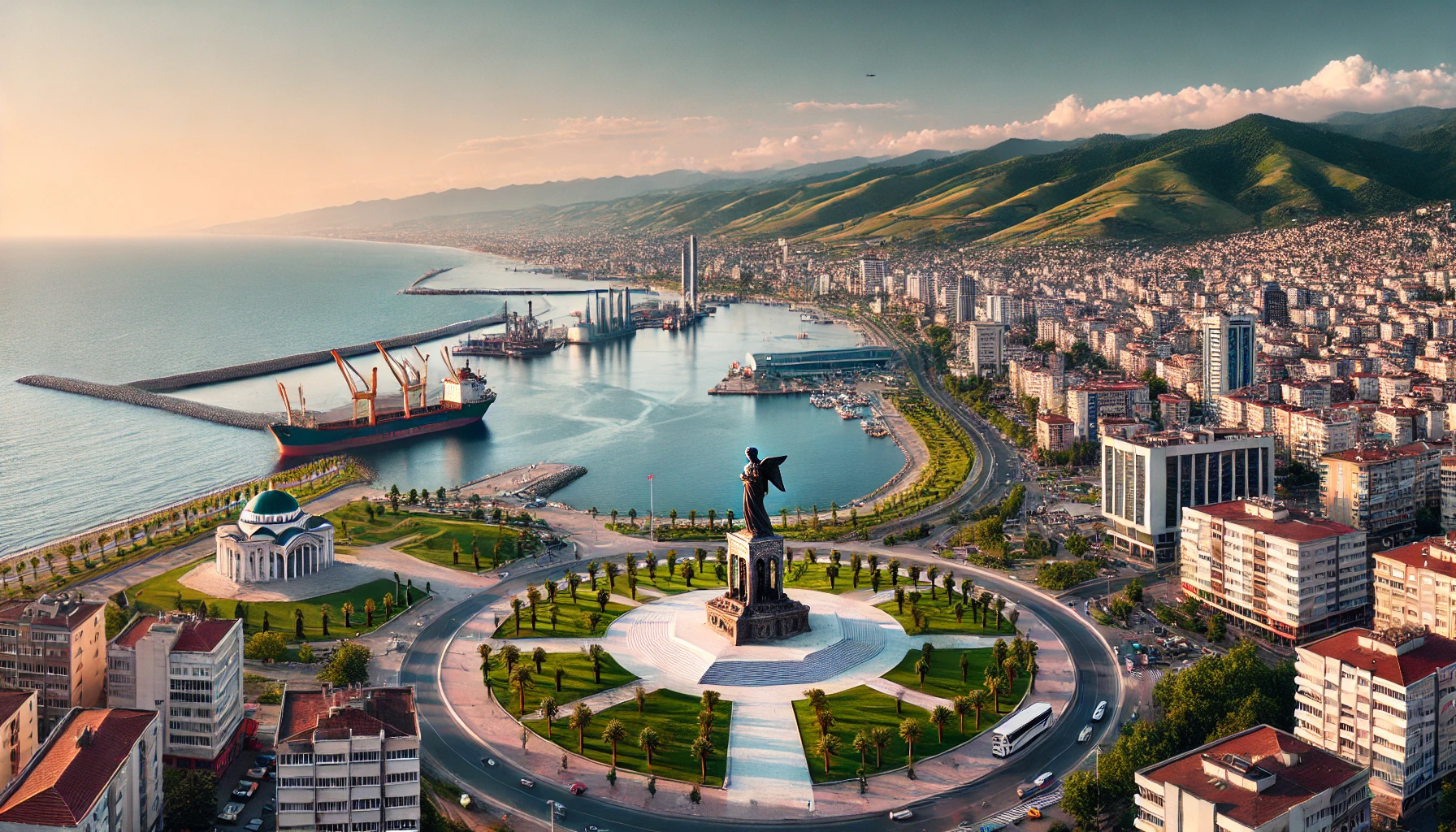Discover Karabük: A Hidden Gem in Turkey’s Black Sea Region
Nestled in Turkey’s picturesque Black Sea region, Karabük is a city rich in history, culture, and natural beauty. Known for its vibrant steel industry, historical landmarks, and stunning landscapes, Karabük offers an intriguing blend of old and new. This comprehensive guide will explore the many facets of Karabük, from its historical roots to its modern-day attractions. Whether you’re a history buff, nature lover, or industry enthusiast, Karabük has something to captivate your interest.
Introduction to Karabük
Karabük is a significant city in Turkey’s Black Sea region, serving as the administrative center of Karabük Province and District. Founded in the 1930s as a hub for the iron and steel industry, Karabük has evolved into a vibrant urban center with a rich historical tapestry. The city’s strategic location near the Filyos River and its historical trade routes add to its cultural and economic importance.
Historical Roots: From Ancient Times to Modern Development
The Origins of Karabük
The city of Karabük, with its intriguing name derived from Turkish words meaning “blackbush,” has a relatively recent history compared to other Turkish cities. Originally a small sub-village, Karabük began to take shape in the early years of the Turkish Republic. By 1939, the establishment of a steel factory marked the beginning of its rapid industrialization and growth. Karabük officially became a municipality in 1941, a district center in 1953, and a provincial center in 1995.
Hadrianapolis (Eskipazar): Ancient Echoes
Located about 30 kilometers from Karabük, the ancient city of Hadrianapolis, now known as Eskipazar, offers a fascinating glimpse into the region’s Roman past. Founded in the 4th century AD, Hadrianapolis was an important Roman settlement featuring impressive architectural remains, including fountains, churches, and baths. Despite facing challenges from illegal excavations, Hadrianapolis remains a valuable archaeological site with significant potential for tourism and historical research.
Industrial Evolution: Karabük’s Modern Growth
Karabük’s transformation into an industrial powerhouse began with the establishment of the Karabük Iron and Steel Works (Kardemir) in 1939. This development catalyzed the city’s growth, turning it into one of Turkey’s major steel production centers. The steel industry, along with related sectors such as coking and chemical production, plays a crucial role in Karabük’s economy and identity.
Natural Beauty: Exploring Karabük’s Scenic Landscapes
The Filyos River: A Natural Gem
The Filyos River, formed by the merging of the Araç and Soğanlı rivers, flows near Karabük, offering picturesque natural scenery. The river’s serene waters and surrounding landscapes provide excellent opportunities for outdoor activities such as hiking, picnicking, and birdwatching. The Filyos River region is a peaceful escape from the hustle and bustle of the city, ideal for nature enthusiasts seeking tranquility.
The Greenery of Karabük: Parks and Nature Reserves
Karabük is surrounded by lush greenery and natural reserves, adding to its appeal as a destination for outdoor activities. The city’s parks and green spaces offer residents and visitors alike a place to unwind and enjoy nature. Popular spots include the Karabük City Park and the nearby Safranbolu Forests, which provide beautiful settings for leisurely walks and picnics.
The Taurus Mountains: Adventure Awaits
The Taurus Mountains, located to the south of Karabük, are a prominent feature of the region’s landscape. These mountains offer a range of outdoor activities, including hiking, mountain biking, and camping. The scenic trails and rugged terrain provide opportunities for adventure and exploration, with breathtaking views of the surrounding landscape.
Cultural Highlights: Immersing in Local Traditions
Safranbolu: A UNESCO World Heritage Site
A short drive from Karabük, the town of Safranbolu is a UNESCO World Heritage Site renowned for its well-preserved Ottoman architecture. Safranbolu’s traditional houses, narrow streets, and historic sites reflect the town’s rich cultural heritage. Key attractions include the Cinci Han, a historic caravanserai, and the Safranbolu Bazaar, where visitors can experience local crafts and cuisine.
The Kaymakamlar Museum: A Glimpse into Local History
Located in the heart of Karabük, the Kaymakamlar Museum is housed in a historic Ottoman building and offers insights into the region’s history and culture. The museum features exhibits on local traditions, historical artifacts, and the development of Karabük. It’s a valuable resource for understanding the city’s past and its evolution over time.
Local Festivals and Events: Celebrating Tradition
Karabük hosts a variety of local festivals and cultural events throughout the year, providing visitors with opportunities to experience regional traditions and festivities. The Karabük International Folk Dance Festival, held annually, showcases traditional dance performances from around the world. Additionally, local festivals celebrating traditional foods, music, and crafts offer a vibrant cultural experience.
Modern Attractions: Exploring Karabük Today
Kardemir Steel Works: A Modern Industrial Marvel
Kardemir (Karabük Iron and Steel Works) is a key player in Turkey’s steel industry and a major landmark in Karabük. The steelworks complex provides guided tours that offer visitors a behind-the-scenes look at the steel production process. It’s an opportunity to learn about the industrial heritage of the city and witness the scale and significance of this crucial sector.
Karabük City Center: Shopping and Dining
Karabük’s city center is a bustling area with a range of shopping, dining, and entertainment options. Visitors can explore local shops, enjoy traditional Turkish cuisine at one of the city’s restaurants, or relax at a café. The city center also features modern amenities and facilities, making it a convenient and enjoyable destination for both locals and tourists.
The Atatürk Monument: A Symbol of National Pride
The Atatürk Monument in Karabük is a tribute to Mustafa Kemal Atatürk, the founder of the Republic of Turkey. Located in a prominent area of the city, the monument serves as a symbol of national pride and a reminder of the country’s history. It’s a popular spot for visitors to learn about Turkey’s modern history and honor Atatürk’s legacy.
Practical Information for Visitors
Best Time to Visit
The best time to visit Karabük is during the spring (April to June) and autumn (September to November) months when the weather is mild and ideal for outdoor activities and sightseeing. The summer months can be quite warm, while winters are chilly and wet. Planning your visit during the shoulder seasons ensures a more comfortable and enjoyable experience.
Getting Around
Karabük is well-connected by public transportation, including buses and taxis. For exploring the city and its surrounding areas, renting a car is a convenient option. Many of Karabük’s attractions are accessible by public transport, and the city’s compact layout makes it easy to navigate on foot.
Accommodation Options
Karabük offers a range of accommodation options to suit different preferences and budgets. From comfortable hotels and guesthouses to modern apartments and boutique lodgings, there is something for every traveler. For a unique experience, consider staying in a traditional Ottoman-style guesthouse or a hotel with views of the surrounding landscape.
Travel Tips
- Language: Turkish is the official language in Karabük, but English is commonly spoken in tourist areas and hotels.
- Currency: The local currency is the Turkish Lira (TRY). Credit cards are widely accepted, but it’s advisable to carry some cash for smaller purchases and local markets.
- Safety: Karabük is generally a safe destination, but as with any travel, it’s important to stay aware of your surroundings and follow basic safety precautions.
Conclusion
Karabük, with its rich history, stunning natural landscapes, and vibrant cultural scene, is a destination that offers something for everyone. From exploring ancient ruins and enjoying scenic outdoor adventures to immersing yourself in local traditions and experiencing modern attractions, Karabük promises a memorable and enriching travel experience. Whether you’re visiting for a day or staying for an extended period, Karabük’s unique blend of past and present will leave you with lasting impressions. Happy travels!
Exploring the Districts and Towns of Karabük
Latest Update: Aug 4, 2024
Your Content Goes Here
TAGS: Black Sea region Turkey, Eskipazar ancient city, Filyos River, Hadrianapolis, Karabük, Karabük attractions, Karabük climate, Karabük festivals, Karabük historical sites, Karabük museums, Karabük parks, Karabük travel guide, Kardemir Steel Works, Safranbolu UNESCO, Taurus Mountains, Turkish Black Sea cities, Turkish iron and steel industry
The Region of Karabük
A brief summary of the key points in this article.
Latest Travel Guides
Weather Today in Karabük, Turkey
Temperature: -7.7°C
Condition: Broken clouds


